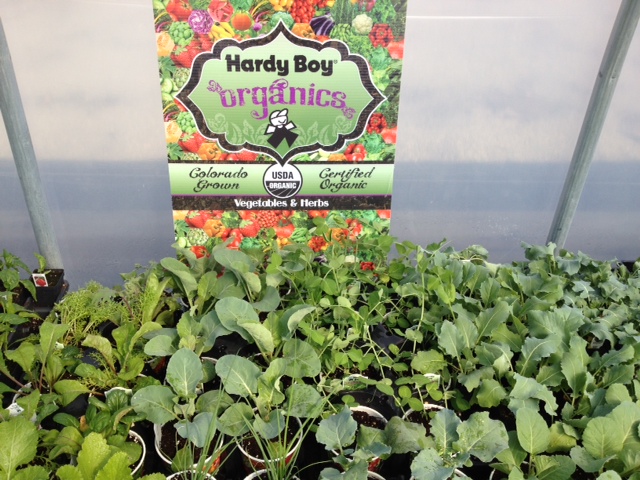When we think of eating healthy, we may think about eating organic produce or fresh home-grown organically grown vegetables. Mainly because we may prefer to know where our food comes from and that it has not been sprayed with chemicals. But this notion of organic gardening does not fully encompass the full scope of what organic gardening really means.
Organic definition: 1a) relating to or derived from organic matter. 1b) relating to food produced with the use of fertilizer of plant or animal origin without chemically formulated fertilizers or pesticides.
Plants that have not been sprayed with chemicals is an important piece of the equation. But the other half of the organic equation is how the plants have been fertilized. That would be, from a fertilizer that is animal or plant based. Let’s look at what this means step by step.
Organic Soil & soil components
When gardening in a ground bed, whether it may be flowers or vegetables, we recommend the addition of organic matter to improve soil aeration and water retention. Compost, peat moss and bark mulch are all plant derived organic sources of soil amendments to help improve root growth and performance. Cow, sheep or chicken & Peat would be examples of blend of animal and plant derived organic sources to improve you soil.
When planting vegetables in a container, use Fertilome Organic Potting Soil to stay within organic guidelines.
Organic fertilizers
Plant fertilizers derived from a plant or animal source. Common organic sources from animals would include blood and bone meal for nitrogen and phosphorus and fish emulsion. Common organic sources from plants would include cottonseed meal, alfalfa meal and feather meal.
Commercial organic fertilizers will combine these ingredients to produce a well-balanced fertilizer for growing plants. Natural Guard by Fertilome fertilizer is an example of a dry fertilizer that would be incorporated into the soil to nourish plants. Fish emulsion would be an example of a liquid organic fertilizer that would be mixed with water and applied at watering time to nourish the plants.
Organic Plants and seeds
Organic starter plants or seeds will have been organically grown using organic fertilizers and no chemical applications.
Organic Pest Control
No chemical pesticides will be used for organic pest control. General purpose organic controls would include a blast of water from the end of a hose to knock down soft-bodied pests like aphids, insecticidal soaps, horticultural or neem oil, Dr. Deadbug brand spinosad and natural pyrethrins such as Fertilome Triple Action.

